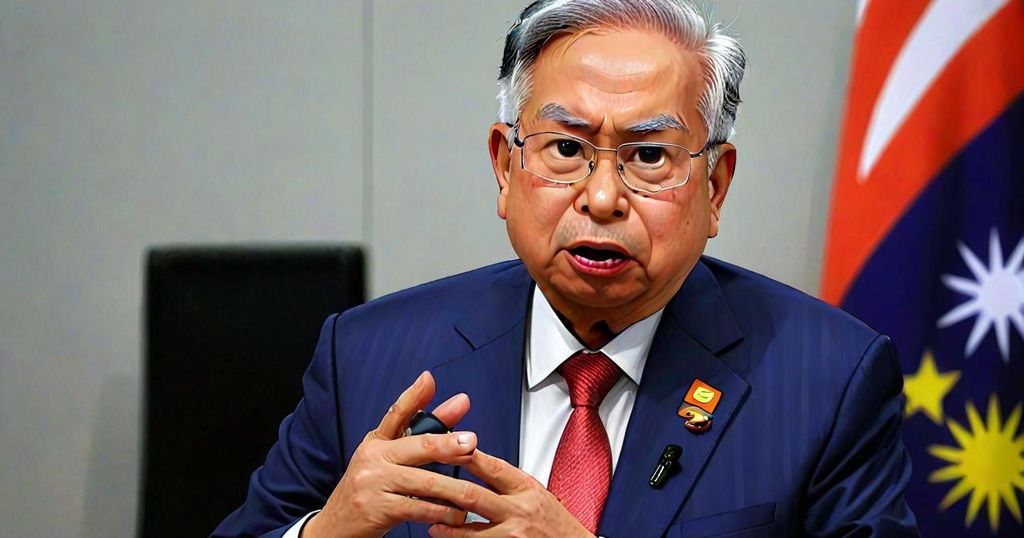The landscape of 5G in Malaysia has once again been shrouded in controversy following recent remarks by Prime Minister Anwar Ibrahim at a Huawei event in Kuala Lumpur. The statement made by the prime minister, implying that the 5G network contract could be awarded directly to Huawei without undergoing a tender process, has sparked criticism and concern among various stakeholders.
The controversy does not stem from the typical security concerns associated with Huawei, but rather from the potential circumvention of the standard contract awarding procedures. This development has raised eyebrows and stirred debate within political and industry circles.
Professor Ong Kian Ming, a respected figure in Malaysian politics and former Deputy Trade and Industry Minister, expressed surprise and unease regarding the prime minister’s comments. He emphasized the importance of upholding transparency and fairness in the awarding of government contracts, particularly in the context of critical national infrastructure such as the 5G network.
Furthermore, Ong highlighted that the decision to establish a second 5G network has not been sufficiently justified, given the ongoing rapid rollout of the existing network. He also noted that formal agreements with mobile operators regarding their shareholder stakes in the Digital Nasional Berhard (DNB) network have not been finalized.
Communications and Digital Minister Fahmi Fadzil provided an update on the progress of the DNB network, revealing that it had surpassed 70% coverage by the end of September. The government has pledged to allow the construction of a second wholesale network once the DNB network achieves 80% coverage. Fadzil also disclosed that 2.49 million 5G subscribers, constituting 7.4% of the national total, have been registered by the six network operators.
It is worth noting that this controversy comes in the wake of a review ordered by Prime Minister Ibrahim last year into the awarding of the original 5G network contract to Ericsson, which concluded that no impropriety had taken place. Ong cautioned that awarding the contract for the second 5G network without an open tender process would not align with the principles of good governance espoused by the prime minister.
The implications of these developments are significant, as they underscore the importance of adhering to established protocols in the implementation of crucial national infrastructure projects. The controversies surrounding the 5G network in Malaysia serve as a reminder of the complex considerations and competing interests that underpin the deployment of advanced telecommunications technologies.
In conclusion, the recent comments made by Prime Minister Anwar Ibrahim have reignited the debate surrounding Malaysia’s 5G network, prompting calls for transparency and due process in the awarding of contracts. As the country navigates the complexities of 5G deployment, it is crucial to ensure that decisions are made in accordance with the principles of good governance and in the best interests of the nation.

Leave a Reply